
A 42-year-old dad’s neck pain, initially blamed on excessive laptop use while working from home during lockdown, turned out to be an aggressive brain tumour.
Gary Nelson’s role as marketing manager for wearable health and fitness technology company Fitbit meant he was spending long hours on his laptop working on projects and in videoconferencing with colleagues around the world. In April 2020 he was working at home more than usual, due to the global pandemic. When his GP told him, during a telephone consultation, his aches and pains could be posture-related, things added up.
But when Gary’s vision started to decline and he was referred for tests, he and his wife Amy, 40, were devastated to be told he had an aggressive tumour on his brain stem.
Amy, a volunteer coordinator at Ellesmere Port-based charity Bridge Community Farms, said: “Gary has suffered two brain tumours in the past but both were operable and he went on to recover well. Another brain tumour diagnosis was the last thing we were expecting, having been reassured that he had probably been having too much screen time on zoom calls. Some rest did help to alleviate the aches and pains for a short time but a few weeks later, things got worse.
“Gary started to experience blurred vision. We called the doctors again and he was sent for MRI scans. Due to the coronavirus restrictions, he was on his own when he got the results. He was so brave. I sat in the car park listening in over the phone when the doctor broke the news to us that they had found a ‘shadow’ in his brain stem. We later found out that the tumour is high-grade. It was just devastating.”
Gary has been told that his brain tumour is likely to have been caused by treatment he received for a low-grade tumour as a child. In 1985, at the age of seven, he was diagnosed with an astrocytoma tumour, which was successfully treated with neurosurgery and a gruelling course of radiotherapy. The most well-known environmental risk factor for the development of brain tumours is exposure to radiation, especially where this has been used for previous cancer treatment in the same site.
Gary’s next brain tumour diagnosis came in 2012 when he was 34, after he began experiencing similar symptoms to those he had suffered as a child. He was losing his sense of touch and struggling to complete basic tasks such as fastening his shoelaces or doing up his belt.
Amy said: “Gary and I were living in the Middle East at the time, where Gary worked for Apple as a regional programme manager. We’d been on holiday to Sardinia when his symptoms occurred so when we got home to Dubai, he made an appointment with the doctor and he was sent for an MRI scan. We were distraught to discover that he had a large meningioma tumour on a main ventricle in his brain. He was referred to the American Hospital and within days he was undergoing life-threatening surgery to remove the tumour.”
Having been told that there was a strong chance he would be left in a vegetative state, or that he wouldn’t survive, the couple were hugely relieved that the operation was a success. A few months later they travelled to the UK, where Gary received stereotactic radiosurgery (SRS) at The London Gamma Knife Centre at St Barts Hospital.
In December 2015, they left Dubai permanently to relocate to the UK and to Amy’s home city of Chester. By now they had their daughter Olive, who was two at the time, and as a family they decided Gary would take a career break and together they spent two and a half years travelling the world.
Amy said: “My husband is not one to do things by halves! We went to New York, Malaysia, Singapore, Nepal, Hong Kong, India and Thailand, to name just some of the places we visited. Gary has always travelled with work and he would fly me out to wherever he was, to make the most of the opportunity and to spend as much time together as possible.”
On their return to England, Gary continued to be monitored with regular MRI scans, and he enjoyed several months of good results. Then, in August 2019, they discovered some regrowth and he began six weeks of radiotherapy at the Clatterbridge Cancer Centre in Birkenhead, in the hope of stopping any further growth. This was the last time radiotherapy could be offered to Gary, as he had reached his lifetime limit of this type of intensive treatment.
Less than a year later, in April 2020, they got the heart-breaking news that a brainstem glioma tumour was growing and this time his treatment options are far more limited, due to the location of the tumour.
Amy said: “An operation would render Gary paralysed from the neck down. We already knew that re-radiation therapy wasn't an option either, as it would cause brain necrosis. But our prayers were answered, when we were given the option of chemotherapy. Gary began taking chemo tablets on 1 August; he is on a six-month course of five-day cycles.
“One thing I know for sure about Gary is that he is a fighter, the strongest and most determined of all. This is a fight we are taking on together. We fight for our beautiful, clever, six-year-old daughter Olive, who loves her daddy so very much. We fight for our family and friends and we fight for other sufferers and their loved ones. We fight for a future where the cure doesn't cause more tumours and damage to healthy brain cells.”
The couple are working with Brain Tumour Research, to raise awareness of the issues facing brain tumour patients and their loved ones. Last month they were joined by 16 friends from all over the UK, as they took on an 11k Walk of Hope in Chester.
Gary said: “It was an emotional but beautiful day. The sun was shining, our faces were smiling and our collection box was getting heavier by the kilometre from donations we made along the way! We were so proud to be promoting and supporting the importance of Brain Tumour Research and delighted to have raised £9,000 so far.”
To make a donation to Brain Tumour Research via Gary and Amy’s fundraising page, visit www.justgiving.com/team/hulkswalkofhope
Brain tumours kill more children and adults under the age of 40 than any other cancer yet historically just 1% of the national spend on cancer research has been allocated to this devastating disease.
Matthew Price, Community Fundraising Manager for Brain Tumour Research said: “We were so sorry to learn about Gary’s diagnosis and wish him all the best for his ongoing treatment. We are incredibly grateful to Gary, Amy and all their friends for their support; not only for their fantastic fundraising but for helping to raise awareness of this awful disease.”
Brain Tumour Research funds sustainable research at dedicated centres in the UK. It also campaigns for the Government and the larger cancer charities to invest more in research into brain tumours in order to speed up new treatments for patients and, ultimately, to find a cure. The charity is calling for a national annual spend of £35 million in order to improve survival rates and patient outcomes in line with other cancers such as breast cancer and leukaemia and is also campaigning for greater repurposing of drugs.

 Ten arrested for drugs offences following warrants in Chester
Ten arrested for drugs offences following warrants in Chester
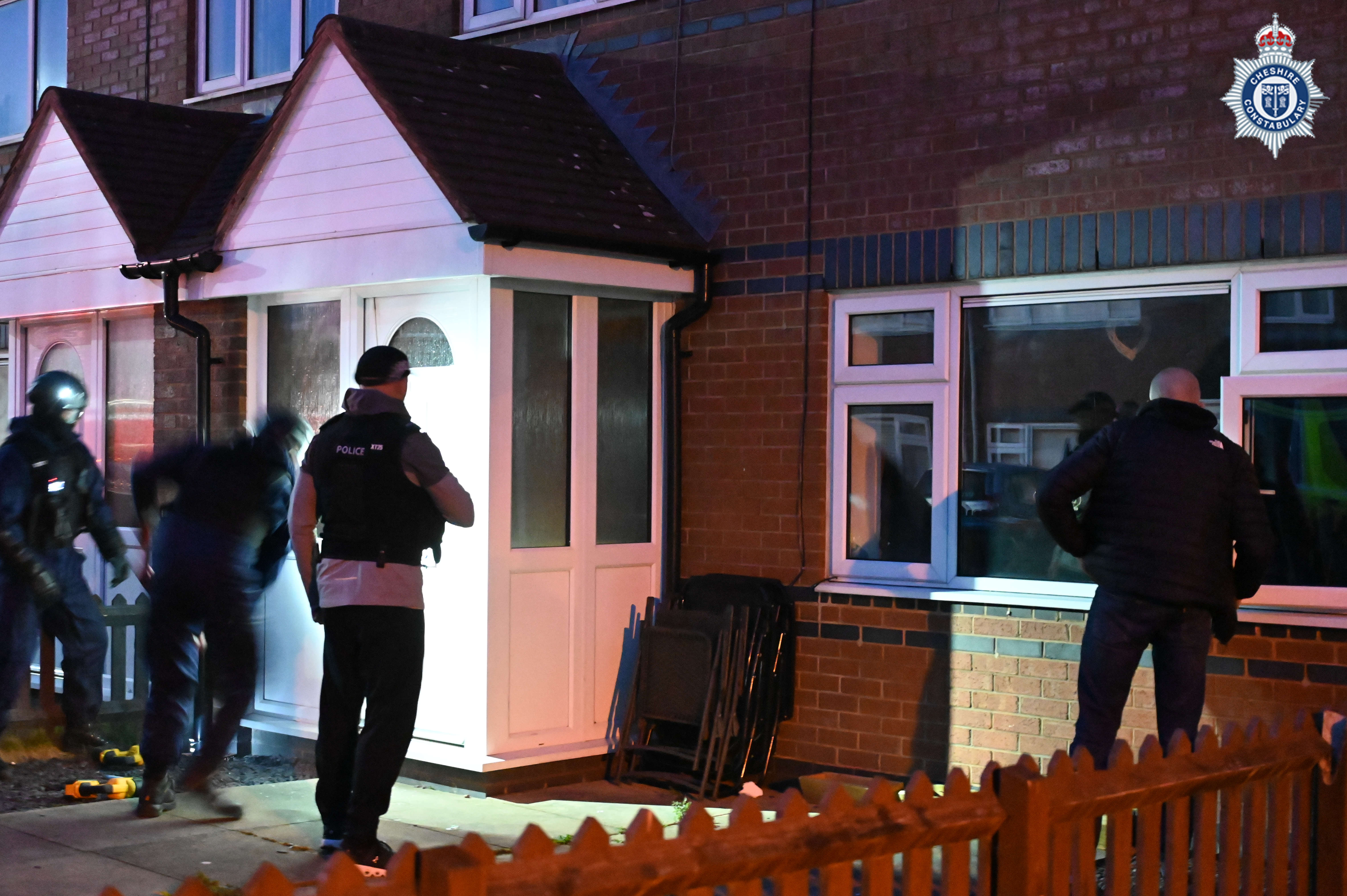 Ten arrested for drugs offences following warrants in Chester
Ten arrested for drugs offences following warrants in Chester
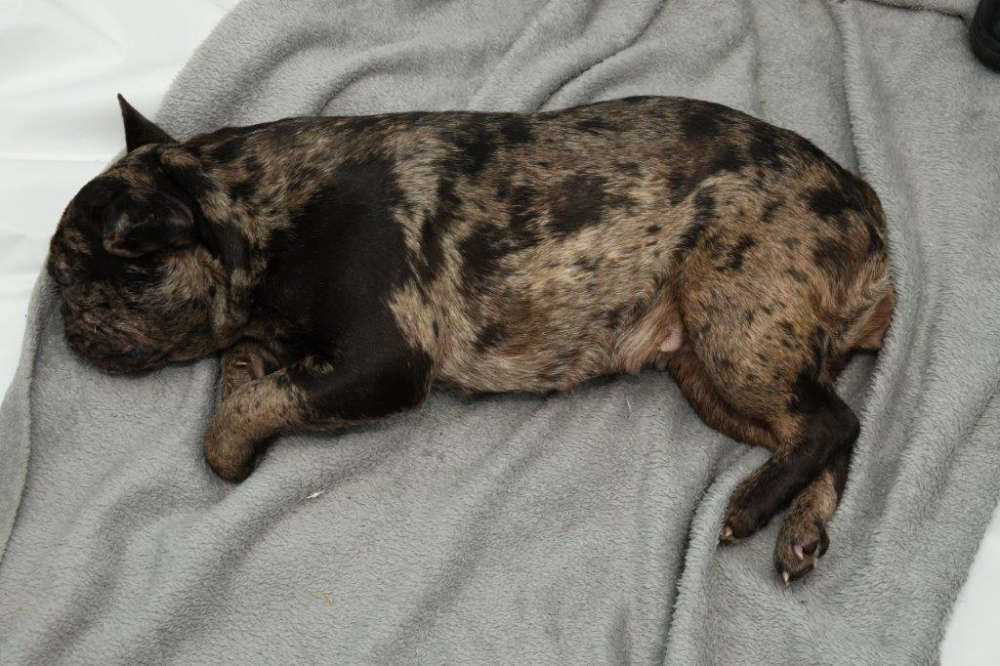 Suspended prison sentence and indefinite ban for Cheshire man who abused his dog
Suspended prison sentence and indefinite ban for Cheshire man who abused his dog
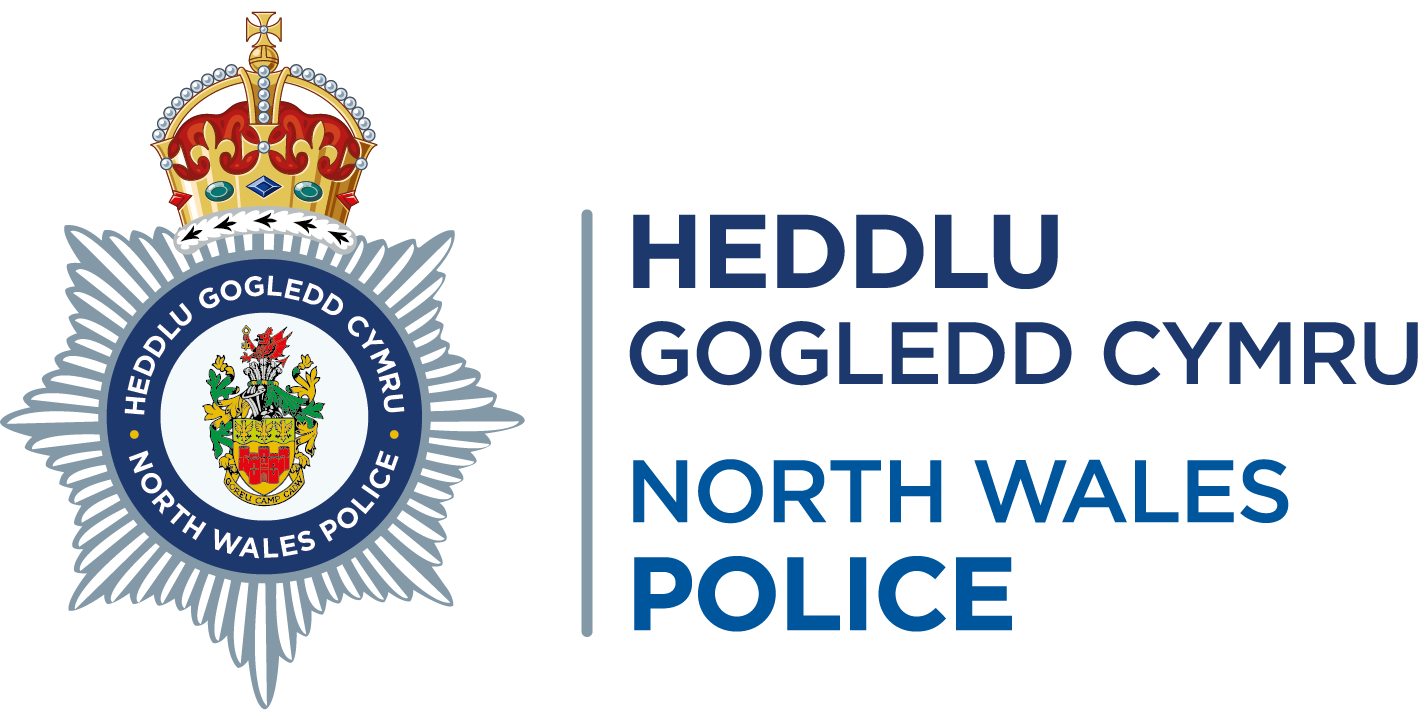 Recovered Stolen Items
Recovered Stolen Items
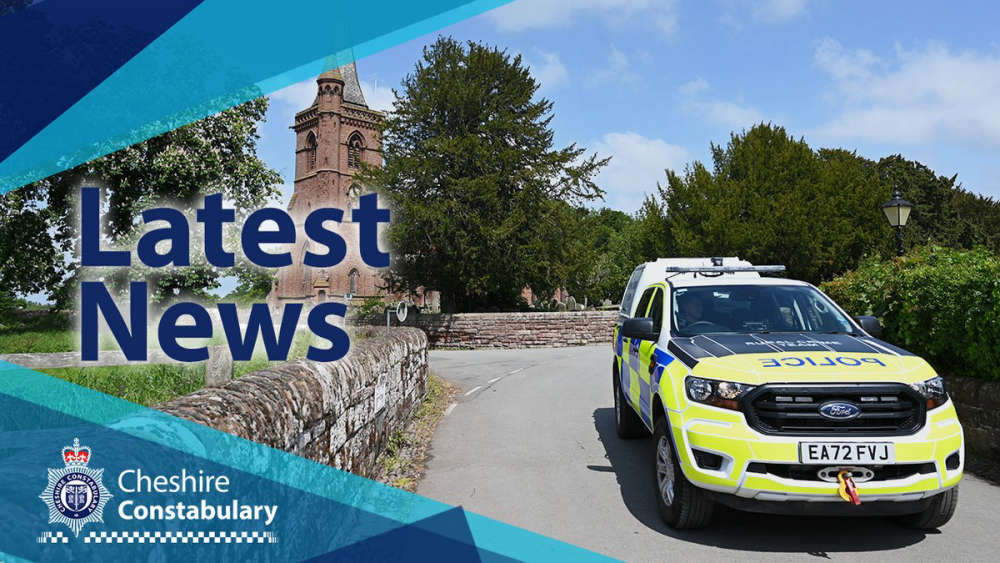 Man charged in relation to courier fraud
Man charged in relation to courier fraud
 Police to target criminal use of Cheshire’s roads
Police to target criminal use of Cheshire’s roads
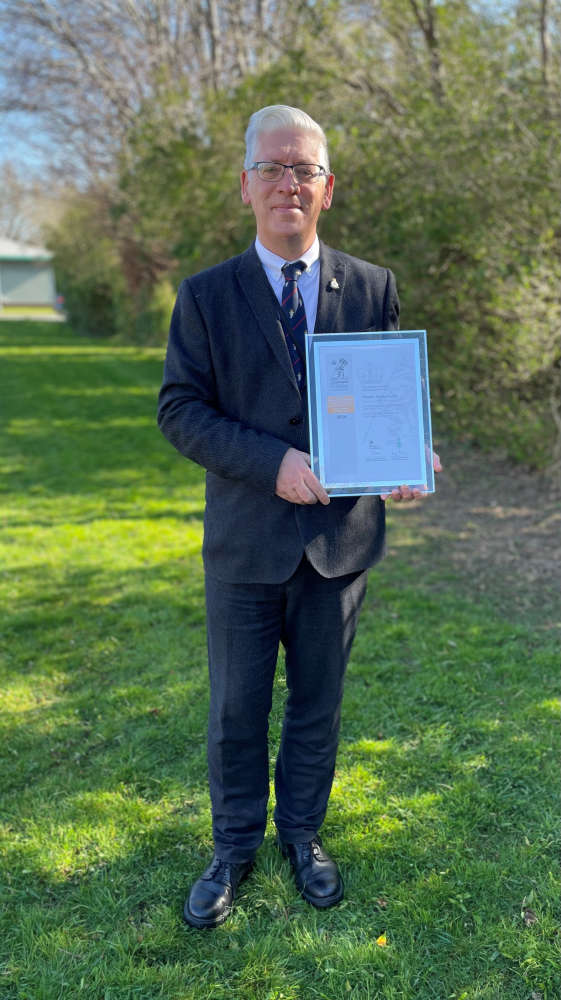 Council awarded Gold Armed Forces Award
Council awarded Gold Armed Forces Award
 Appeal for footage and witnesses following collision in Delamere
Appeal for footage and witnesses following collision in Delamere
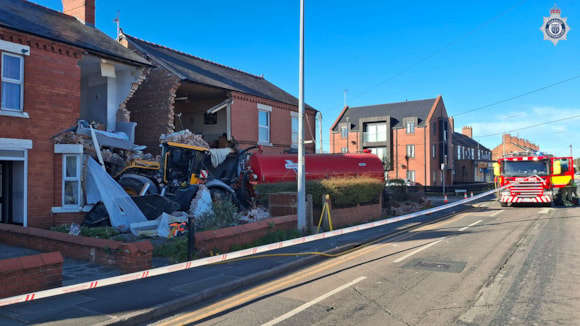 Appeal for information following serious collision in Chester
Appeal for information following serious collision in Chester
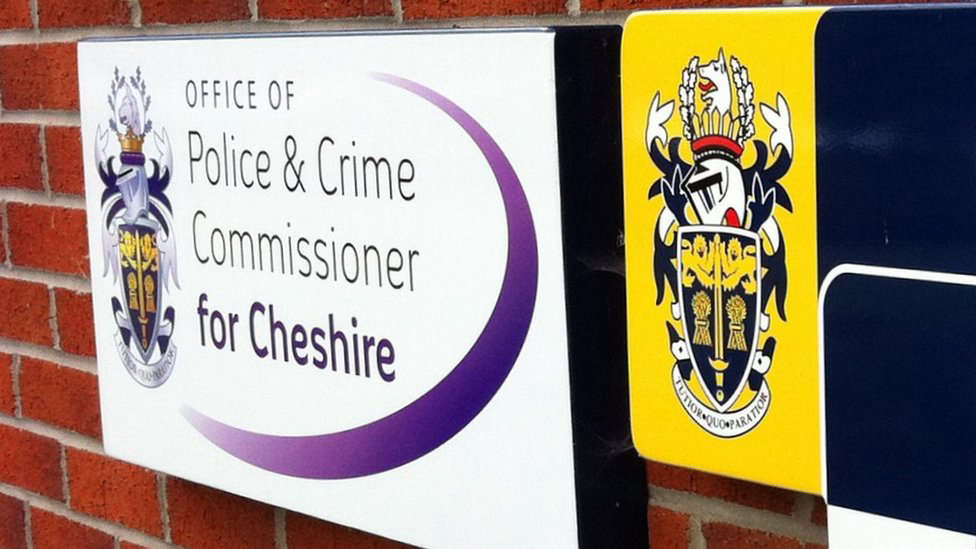 Your chance to get involved in police scrutiny meetings
Your chance to get involved in police scrutiny meetings
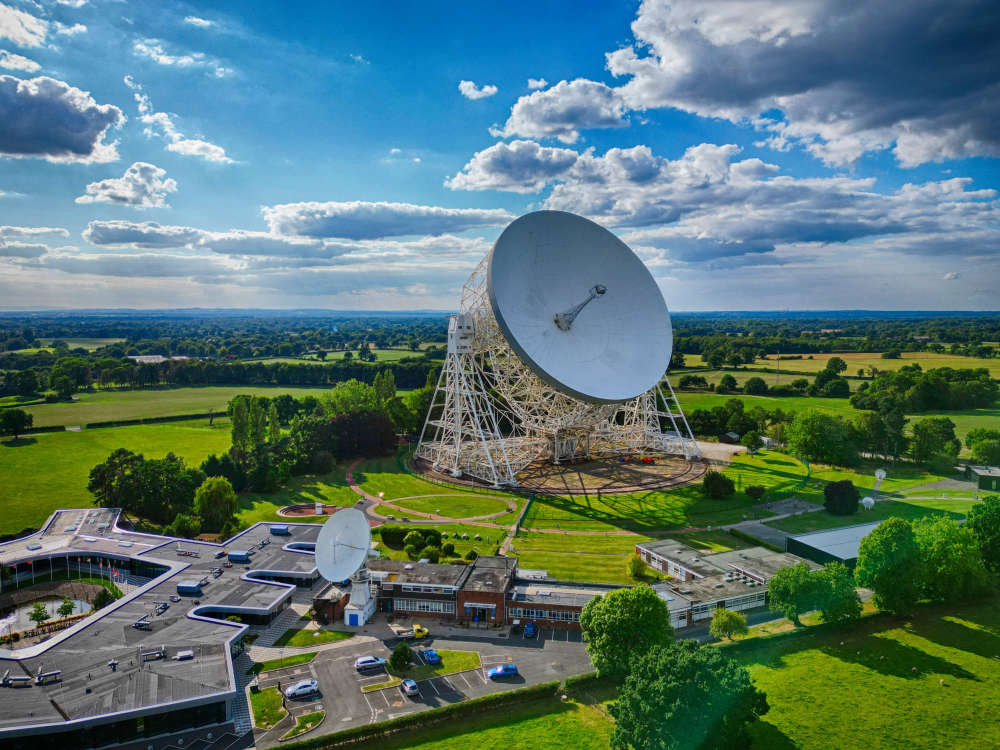 New Events at Jodrell Bank
New Events at Jodrell Bank
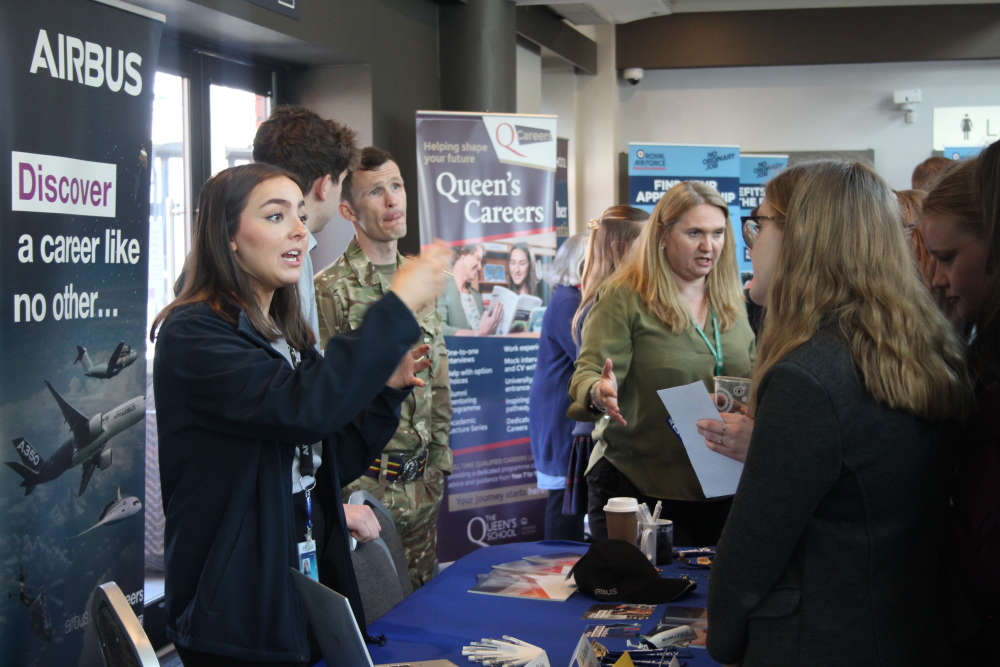 Inspiring Futures at The Queen’s School
Inspiring Futures at The Queen’s School
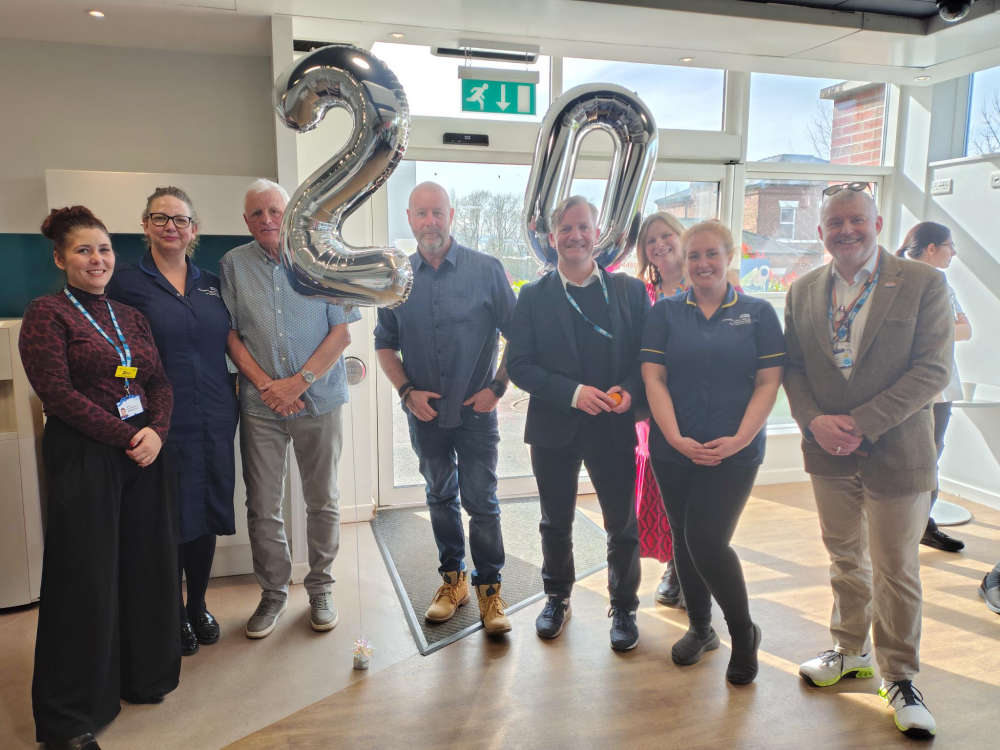 Bowmere Hospital celebrates 20 years of mental health care
Bowmere Hospital celebrates 20 years of mental health care
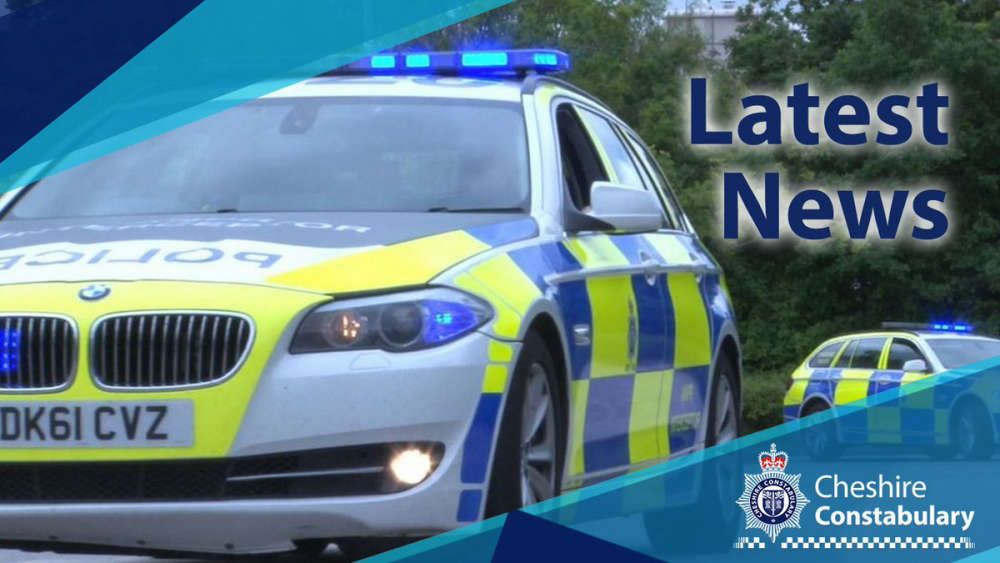 Man charged with burglary and drug offences following Chester police stop check
Man charged with burglary and drug offences following Chester police stop check
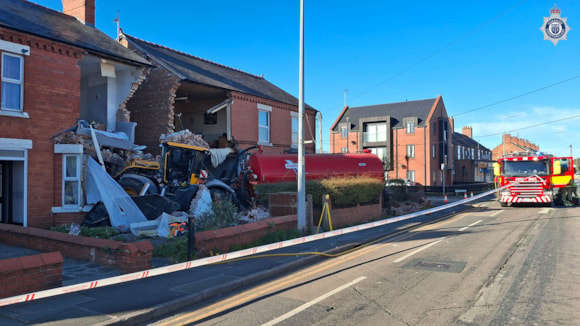 Vicars Cross Road closed following collision in Chester
Vicars Cross Road closed following collision in Chester
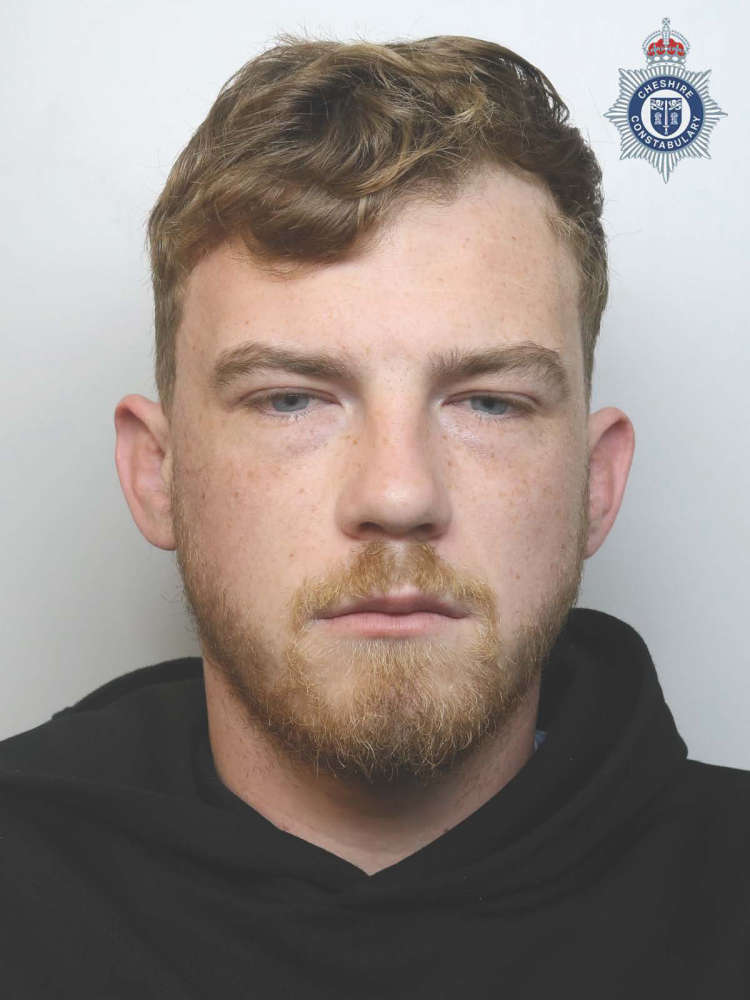 Man jailed for controlling and coercive behaviour and assault
Man jailed for controlling and coercive behaviour and assault
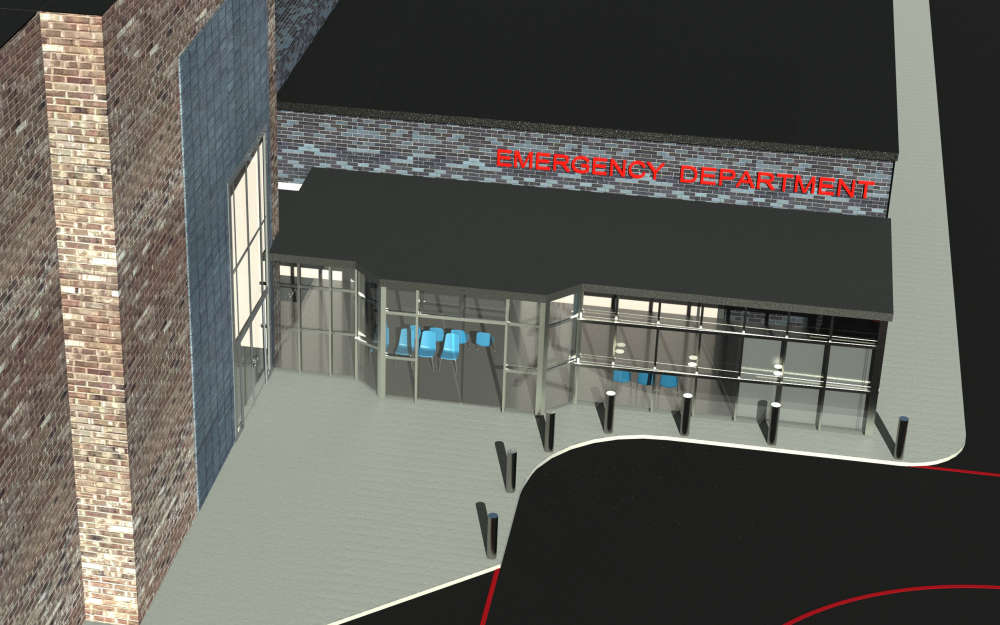 Plan unveiled to transform and improve emergency care at Countess of Chester Hospital
Plan unveiled to transform and improve emergency care at Countess of Chester Hospital
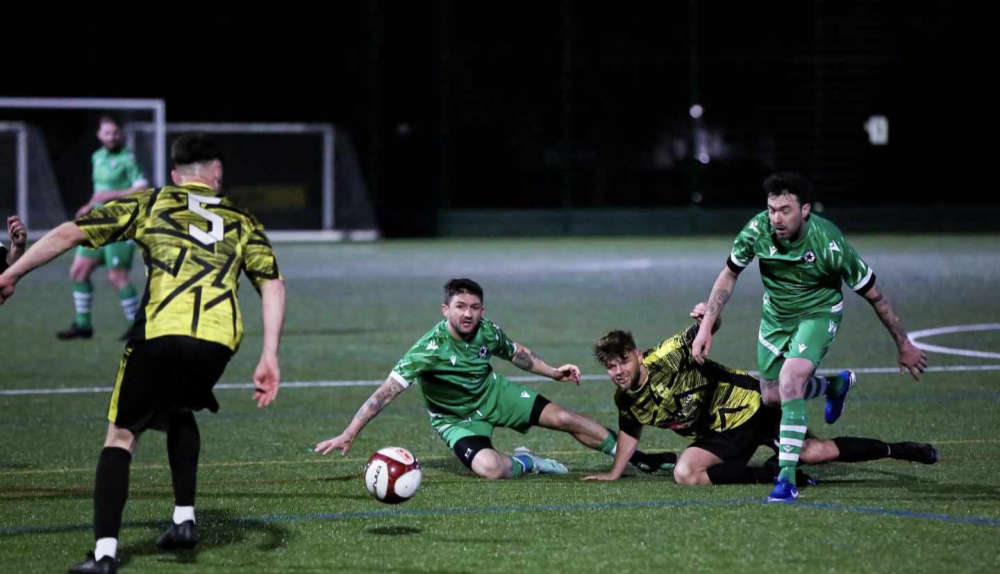 Chester & Wirral Football League - Weekend Round Up
Chester & Wirral Football League - Weekend Round Up
 Ladbrokes returns to Chester Racecourse
Ladbrokes returns to Chester Racecourse